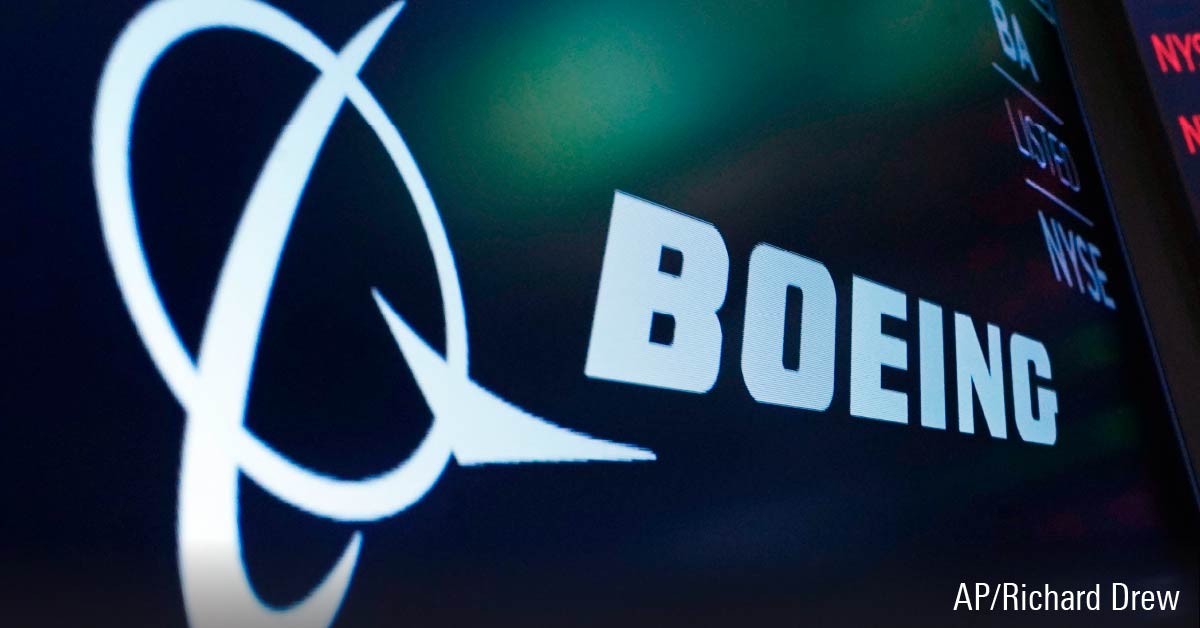Boeing Earnings: Higher Aircraft Delivery Forecasts Lead Our Fair Value Estimate Higher
Major constraints to aircraft deliveries are expected to lift by 2025, shares are fairly valued.

Boeing Stock at a Glance
- Current Morningstar Fair Value Estimate: $225.00
- Stock Star Rating: 3 stars
- Uncertainty Rating: High
- Economic Moat Rating: Wide
Boeing Earnings Update
Boeing’s BA first-quarter results saw revenue grow in commercial jets—up 60% since early 2022—and defense up 19.3%, though neither unit turned a profit. More importantly, because of management’s prognosis for commercial aircraft deliveries, we have raised our fair value estimate to $225 per share from $220.
We most wanted to know what is keeping Boeing from delivering more of its key 737 and 787 models, how many more it could ship, and when. Fixing the tail brackets on approximately 170 737s supplied by Spirit AeroSystems will take a few days per plane—a frustrating delay, but not major. The major constraint, which we expect to gradually lift by 2025, is Boeing’s ability to get the material needed to finish each plane on a predictable schedule while adhering to 100% of the manufacturing processes and tolerances that make the plane certified as airworthy. Boeing has been working on this problem for three years now, and the plan to gradually ramp production using available supplies and deliver additional planes out of inventory makes sense. Even with more modest increases than we had forecast—from building 31 737s per month to 38 instead of 41—we continue to expect Boeing to deliver as many as 50 per month next year as it also finalizes and pulls planes from inventory.
Boeing CEO David Calhoun’s comments about the demand environment for commercial planes increased our confidence in our forecast. A tenet underlying our wide moat rating for Boeing is that long development cycles and the duopoly of aircraft producers result in a perennial undersupply of aircraft. Calhoun said, “Our [production] rates all the way out to 2050 and beyond are constrained by supply.” Given that delivery windows by Boeing and Airbus for new airplane orders are now scheduled in the 2030s, and our thesis that global air travel demand is on a secular incline, we are more confident that Boeing’s return to building more airplanes will also bring much more favorable financial results.
The author or authors do not own shares in any securities mentioned in this article. Find out about Morningstar’s editorial policies.

/s3.amazonaws.com/arc-authors/morningstar/4c0ebe77-db24-4647-aac9-f4c13027ec2f.jpg)
/cloudfront-us-east-1.images.arcpublishing.com/morningstar/K4RTVRPKCVFQBMRNMXPUOHFNLU.jpg)
/cloudfront-us-east-1.images.arcpublishing.com/morningstar/K36BSDXY2RAXNMH6G5XT7YIXMU.png)
/cloudfront-us-east-1.images.arcpublishing.com/morningstar/BG4IFJHA25B6RKD3XNUYKROBBM.jpg)
:quality(80)/s3.amazonaws.com/arc-authors/morningstar/4c0ebe77-db24-4647-aac9-f4c13027ec2f.jpg)